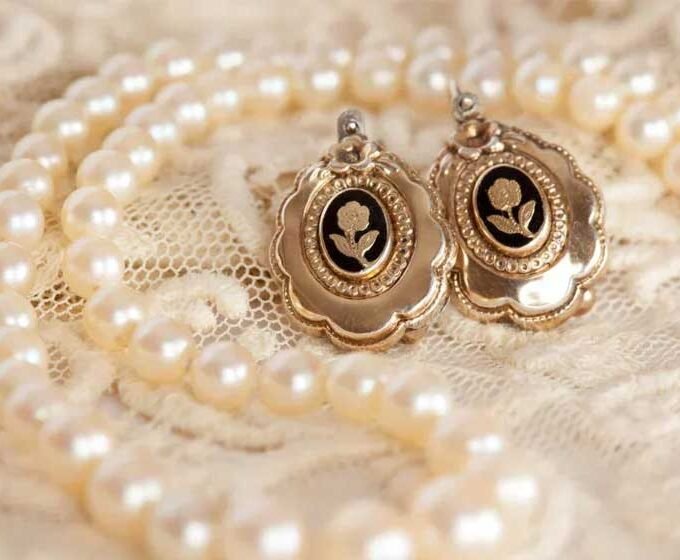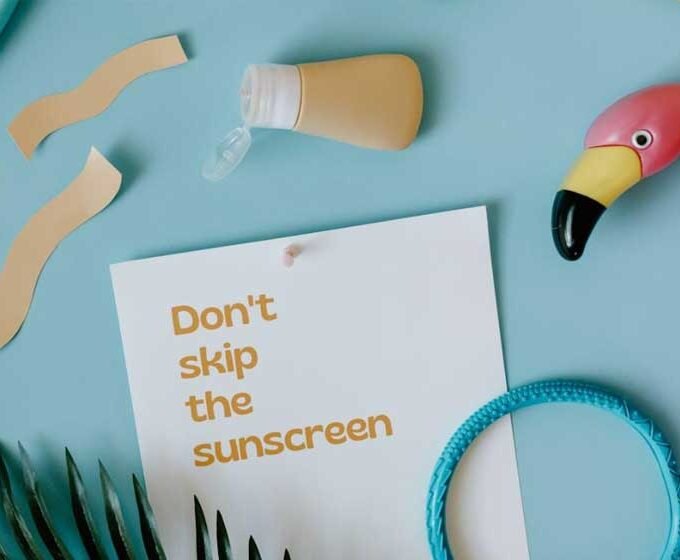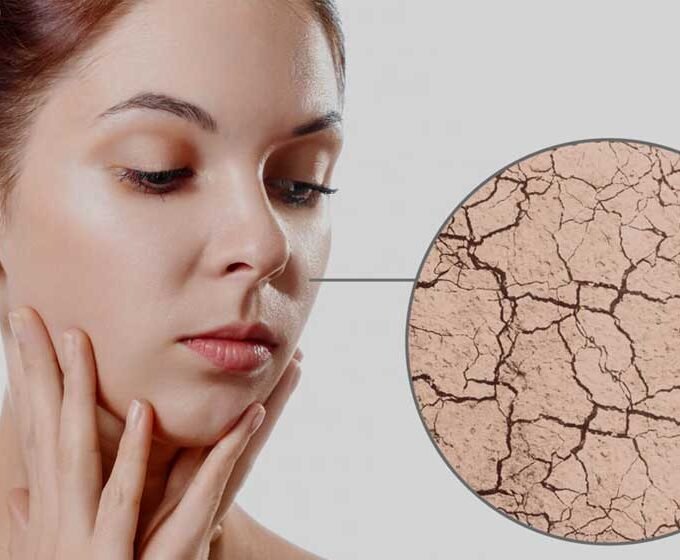Are frizzy curls driving you crazy? Don’t worry; you’re not alone! Frizz is a common and frustrating problem that many curly-haired individuals face. But fear not because we’ve got the ultimate guide to help you say goodbye to Frizz. In this blog post, we’ll delve into the various causes of frizzy curls and provide expert tips on identifying what’s causing your unruly strands. So get ready to tame those wild tresses and embrace smooth, defined curls that will leave everyone envious!
What Causes Frizzy Curls?
There are many potential causes of frizzy curls, from environmental factors to the type of products you use. Here are some of the most common reasons for frizzy curls:
Humidity: Humidity is one of the most common causes of curly hair. Your hair may collect moisture from the air and become wavy as a result when it is humid outside.
Heat: Whether you’re using a curling iron, flat iron, or blow dryer, your hair might be harmed by excessive heat and become more prone to frizz.
Frizz products for curly hair: Using the wrong styling products can lead to curly hair. Heavy creams and gels can weigh down your hair and make it look greasy, while leave-in conditioners and serums can help to tame Frizz.
Hair Type: Certain hair types are more prone to Frizz than others. Curly and wavy hair tends to be more susceptible to humidity and friction, which can both lead to Frizz.
How to Avoid Frizz in the Future?
If frizzy curls plague you, you’re not alone. But there is hope! Learning how to identify the causes of your Frizz can help you avoid it in the future.
There are a few different factors that can contribute to curly hair, including:
- Humidity: Your hair may collect moisture from the environment when the weather is humid. This can lead to Frizz.
- Dryness: Your hair will probably frizz if it is dry. Straight hair is typically drier than curly hair, a common issue for those with curly locks.
- Damaged hair: Damaged hair is more prone to frizzing because the cuticles are raised, allowing moisture to escape. This can be caused by over-processing, heat damage, or simply using the wrong products for your hair type.
- Weather: Extreme weather conditions – like hot and humid summer or cold and dry winter days – can also lead to curly hair.
So what can you do to avoid Frizz in the future? Here are a few tips:
- To keep your curls moisturised, apply a deep conditioner frequently.
- Using heat to style your hair, try to avoid it as much as you can, and if you must, use a heat-protectant product first.
What Types of Products Should You Use for Frizz Prevention?
You can use a few different types of products to prevent Frizz. The best way to determine which type of product is right for you is to experiment with a few different options and see what works best for your hair.
One option is to use an anti-frizz serum. These serums can be applied to damp or dry hair and help to smooth down the cuticle, resulting in less Frizz. Another option is to use an anti-frizz cream or gel. These products can also be applied to damp or dry hair and help to control it. By putting up a wall between your hair and the outside world, frizz is reduced. You could also use an oil-based product, such as a leave-in conditioner or argan oil. These products can help moisturize your hair and seal it in moisture, preventing Frizz caused by dryness.
Humidity and Hair Care – What’s the Connection?
When it comes to humidity and hair care, there is a powerful connection. Humidity can cause frizzy curls, and additionally, it might make managing your hair more challenging. If you are trying to avoid frizzy curls, you need to be aware of the humidity levels in your environment. In general, higher humidity levels will result in more Frizz.
If you live in an area with high humidity, you must take extra care of your hair. You should use a hair cleanser for curly hair that helps to protect your hair from moisture in the air. Consider using a diffuser when you style your hair. A diffuser aids in distributing heat uniformly from your styling tools, which can help to minimize Frizz.
In addition to taking care of your hair in high-humidity environments, you should also be sure to condition your curls regularly deep. Deep conditioning will help to add moisture back into your strands and make them softer and more manageable.
Heat Styling and Its Impact on Frizzy Curls
The condition of your hair primarily determines the frizziness of your curls. If you have overprocessed, damaged, or dry hair, it will be more likely to frizz. One of the biggest culprits of frizzy curls is heat styling. When you use heat on your hair, whether from a blow dryer, curling iron, or flat iron, you’re essentially damaging your hair. The heat breaks down the protein bonds in your hair, which leads to dryness and Frizz. If you use heat styling regularly, you may consider giving your hair a break and letting it air dry for a few days. To lessen the damage, you can also consider using a blow dryer attachment for a diffuser.
Alternatives to Heat Styling and Chemical Treatments
One of the best ways to combat frizzy curls is to avoid heat styling and chemical treatments altogether. But we know that’s not always possible or realistic. If you must use heated styling tools, protect yourself first with a heat-resistant product. And if you’re planning on getting a chemical treatment done at the salon, be sure to ask your stylist what products they recommend to help maintain healthy hair afterwards.
In the meantime, here are some alternative methods for dealing with frizzy curls:
– Use a diffuser when blow-drying your hair. This will help add definition and minimize Frizz.
– Apply a curl cream or serum to damp, clean hair before blow drying or air drying. This will help add moisture and tame flyaways.
– Try overnight braiding or twisting your hair into tight buns before bed. This will give your curls definition and body without any heat damage.
– Experiment with different oils and natural ingredients like aloe vera or avocado to find what works best for your hair type. These can be applied to damp or dry hair as needed to help moisturize and tame frizz throughout the day.
Professional Help and Expert Advice
Seeking professional help and expert advice can significantly enhance your journey towards managing frizzy curls. Hairstylists specialising in curly hair can provide personalized insights based on your hair type, texture, and unique needs. Their knowledge can assist you in making the best product choices, understanding effective techniques, and creating a customized hair care routine that aligns with your lifestyle. Additionally, these professionals can diagnose specific issues contributing to Frizz and offer targeted solutions. Online communities and resources dedicated to curly hair care also provide a wealth of knowledge, allowing you to learn from the experiences of others who have faced similar challenges. By combining professional guidance with the collective wisdom of online platforms, you can arm yourself with the information necessary to conquer Frizz and unlock the full potential of your curls.
Conclusion
Frizzy curls can be challenging to manage, but you can do it with the correct information and tools. Our guide has given you an understanding of what causes Frizz so that you can make better decisions for your hair care routine. Whether switching up your product choices or investing in new tools, managing Frizz is easier when you know the root cause. With these steps in mind, say goodbye to unruly curls and hello to soft, healthy-looking hair!
















